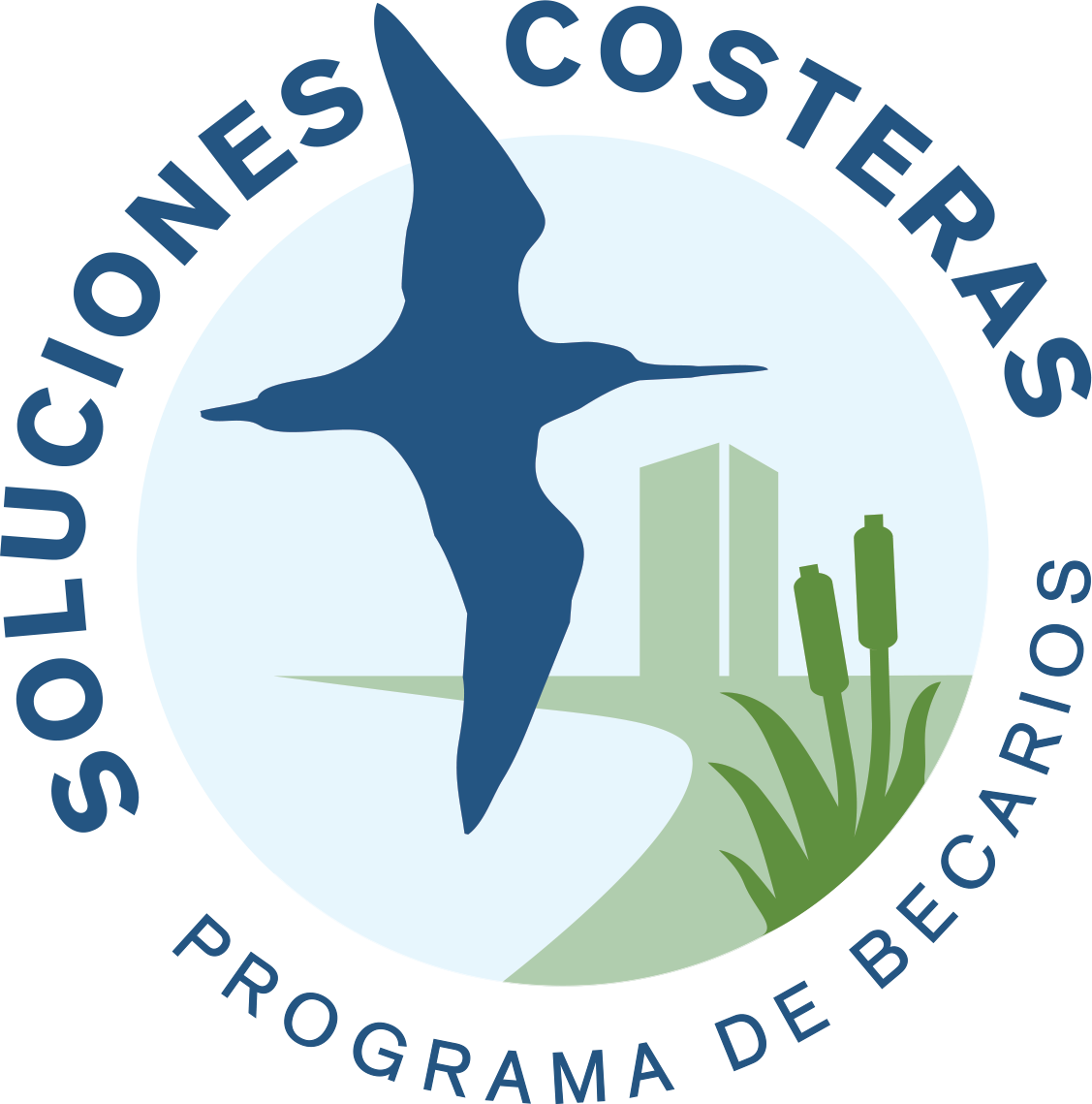Cómo encontrar a tu Mentor
Mentor
El mentor debe ser un profesional experimentado, líder en su campo y de la misma disciplina que el candidato, que esté dispuesto a proporcionar supervisión, orientación, asesoría y apoyo para el becario en el diseño e implementación del proyecto, así como en su desarrollo profesional.
Durante la etapa de la pre-propuesta, los solicitantes deberán identificar a su mentor y una institución anfitriona. Solo se requerirá una carta de compromiso por parte del mentor si el candidato es invitado a enviar una propuesta completa.
Incentivos para los Mentores
- Apoyo financiero para su participación en el proyecto (máximo $5,000 dólares).
- Afiliación académica con la Universidad de Cornell
- Todos los gastos para el retiro de capacitación patrocinados por el programa.
- Participación en la Red de Soluciones Costeras, con oportunidades de colaboración con otros becarios, mentores y socios del programa a lo largo de todo el continente.

El Programa de Becarios para Soluciones Costeras construye y apoya a una comunidad internacional para diseñar e implementan soluciones que abordan los desafíos costeros a lo largo de la Ruta Migratoria del Pacífico. Nuestra meta principal es conservar los hábitats costeros y las poblaciones de aves playeras mediante el desarrollo del conocimiento, los recursos y las habilidades de profesionales latinoamericanos, y el fomento de colaboraciones entre diversas disciplinas y sectores.
